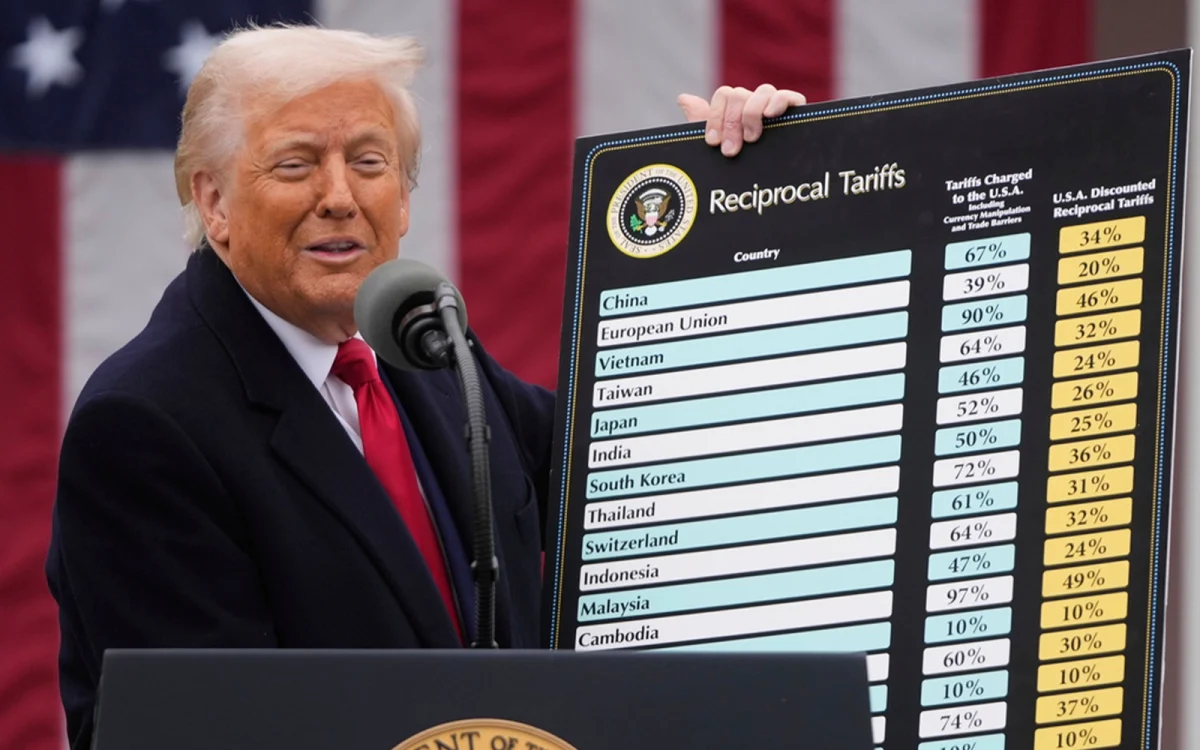Syrian rebel fighters stormed Damascus on December 8th; the lack of military deployment in the capital allowed them to easily overthrow the Assad regime, ending the family’s 54 year dictatorship. Syria’s president, Bashar al-Assad, has fled to Russia. With a lack of government, the country is now split up amongst rebel groups, sparking serious questions and concerns for the future of the country.
About a week before the capture of Damascus, the rebels secured most of the second largest city in Syria, Aleppo, continuing the stalemate civil war that began in 2011. An Islamist rebel group by the name of Hayat Tahrir Al Sham led the rapid assault. The rebel group stemmed from being affiliated with Al Qaeda, the terrorist organization that planned and carried out the September 11 tragedy. In the early years of the war, they were infamous for planning suicide bombings and attacks on soldiers.
Following the rebel invasion of Aleppo, Syria and Russia carried out air raids on the areas the fighters took hold of. According to The Observatory, the air raids have killed “at least 49 people, including 17 civilians.” Not to mention, “the strikes targeted… displaced families living on the edge of a displacement camp,” said Hussein Ahmed Khudur, a 45-year-old teacher who fled the Aleppo province. However, after seizing Hama, the Syrian military stated that they withdrew their forces from the city in order to lessen civilian deaths. After taking down the capital of Syria and driving out Assad, Syria’s future has shifted drastically.
The leader of the rebel group, Mr. al-Jolani, posted a video on social media, claiming they entered Hama “to cleanse that wound that has persisted in Syria for 40 years.” By making this comment, he referred to the Assad reign, expressing his distaste in the Syrian government.
According to the United States Holocaust Museum, “since March 2011, the conflict in Syria has taken the lives of an estimated 500,000 people and displaced millions more.” The continuation of such a deadly war led the US, Britain, France, and Germany to instruct Syria to de-escalate the war, protect its civilians, and come up with a political solution to this grave issue. However, this plan inevitably backfired as Syria’s main ally in this war, Russia, is now harboring their president after rebel groups succeeded in overthrowing its government.
The United States continues to maintain a presence in Syria, with the department of defense stating, “we have approximately 900 US forces deployed to Syria to support the enduring defeat of ISIS mission.” However, these forces are not in proximity to Aleppo, but will monitor the situation closely. They state that the ISIS mission is more important to them, as the Syrian civil war has been going on for some time. Although the forces are simply keeping watch, future president Donald Trump has expressed his distaste on the situation, stating that “in any event, Syria is a mess, but is not our friend, & THE UNITED STATES SHOULD HAVE NOTHING TO DO WITH IT. THIS IS NOT OUR FIGHT. LET IT PLAY OUT. DO NOT GET INVOLVED!”
The Council of Foreign Relations describes that the major causes for the civil uprising turned civil war were an unhappiness with the four-decade-long Assad reign and the socio economic problems that came from it. Civilians were inspired to protest against their government, though afterwards met by brute forces which included mass arrests, torturing, shooting unarmed protestors, and even laying siege in Deraa. The conflict led to the rise of jihadist and rebel groups in Syria, both ultimately targeting innocent civilians. Jihadist terrorism refers to the belief of an Islamic state governed only by Islamic law, and Europol defines jihadism as “a violent ideology exploiting traditional Islamic concepts.”
Certain countries have mixed opinions on which side to support during the war, with most declaring a peace solution. US National Security adviser Jake Sullivan pointed out that “the United States designates the rebel group as a terrorist organization and that it is not involved with the group’s push against Assad.” Since the beginning of the civil war, Türkiye has condemned Syria’s government for being at fault for the country’s uprising. The Republic of Türkiye’s ministry of foreign affairs states, “Türkiye also supported the efforts for the emergence of an effective and inclusive Syrian opposition, which will take responsibility on the transition process in line with the legitimate demands of the people.” With the mixed opinions on the conflict, the relationship between Türkiye and the US is strained.
The war is ongoing and developing, with the conflict affecting many countries, especially the United States. Syria’s civilians struggle to adjust to the shift of power in the country, with mixed opinions on whether the downfall of Assad is positive or negative.







